The Constitution of Jammu & Kashmir: Its Development & Comments
Synopsis
In this Fifth edition of the work, indepth study has been made into the circumstances which led to the creation of the State of Jammu and Kashmir, the effect of its creation and the influence of other factors on the development of its Constitution. The promulgation of the Jammu and Kashmir Constitution Act, 1939, its salient features and the factors which led to the enactment of the Act have also been considered. The accession of the State of Jammu and Kashmir to India which has been a matter of some political controversy has been dealt with in detail. Since, significant development occurred in Jammu and Kashmir, subsequent to its accession to India which made its constitutional position different from that of other Indian States, and other factors have been discussed. The full constitutional position different from that of other Indian States, and other factors have been discussed. The full constitutional position of the State of Jammu and Kashmir, cannot be understood by a reference to the Constitution of Jammu and Kashmir alone, and recourse has to be made to the Constitution of India so far as it applies to the State. The ambit and scope of Article 370 of the Constitution of India has been examined. Various Presidential Orders and Ordinances applying different provisions of the Constitution of India to the State have been noticed and commented upon. Section-wise comments have been made in the Constitution of Jammu and Kashmir, 1957, as amended from time to time. The comments on the constitutional provisions have been made by referring the latest case laws on the subject. Why the Constitution of India was not made fully applicable to the State of Jammu and Kashmir like the rest of the States of India? Why the State was allowed to have a Constitution of its own? What were the factors which led the State to have its own Constitution and to secure a special status in the Indian Union? Has the peculiarity in Kashmir led to any great hardship? These are some of the questions which have been answered in this book. Reference to the corresponding or relevant articles of the Constitution of India has also been made to enable the reader to appreciate the provisions of the Constitution of Jammu and Kashmir. Various sections of the Constitution of Jammu and Kashmir. Various sections of the constitution of Jammu and Kashmir have been discussed with reference to up-to-date case laws on the subject.
Read more
21.60
19.44
$
24.00 $
Free delivery Wolrdwidе in 10-18 days
Ships in 1-2 days from New Delhi
Membership for 1 Year $35.00
Get it now and save 10%
Get it now and save 10%
BECOME A MEMBER

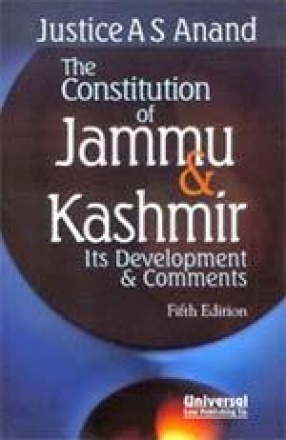
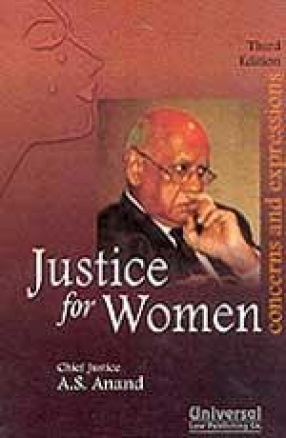
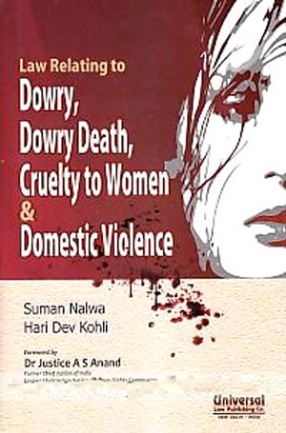
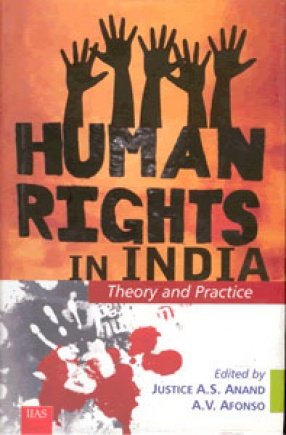
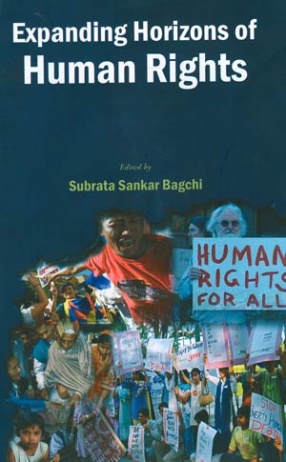
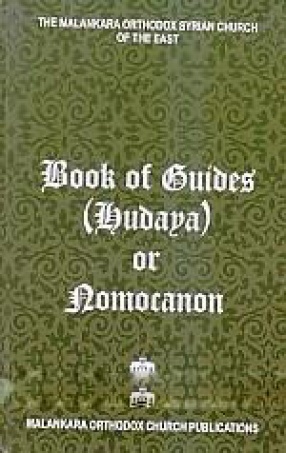
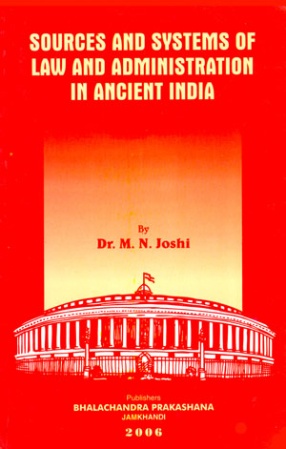
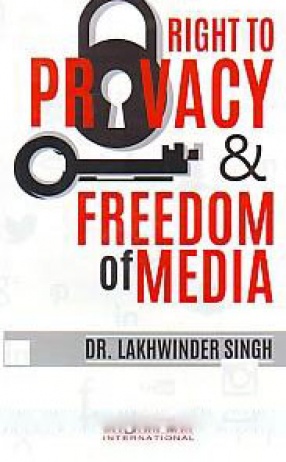

Bibliographic information